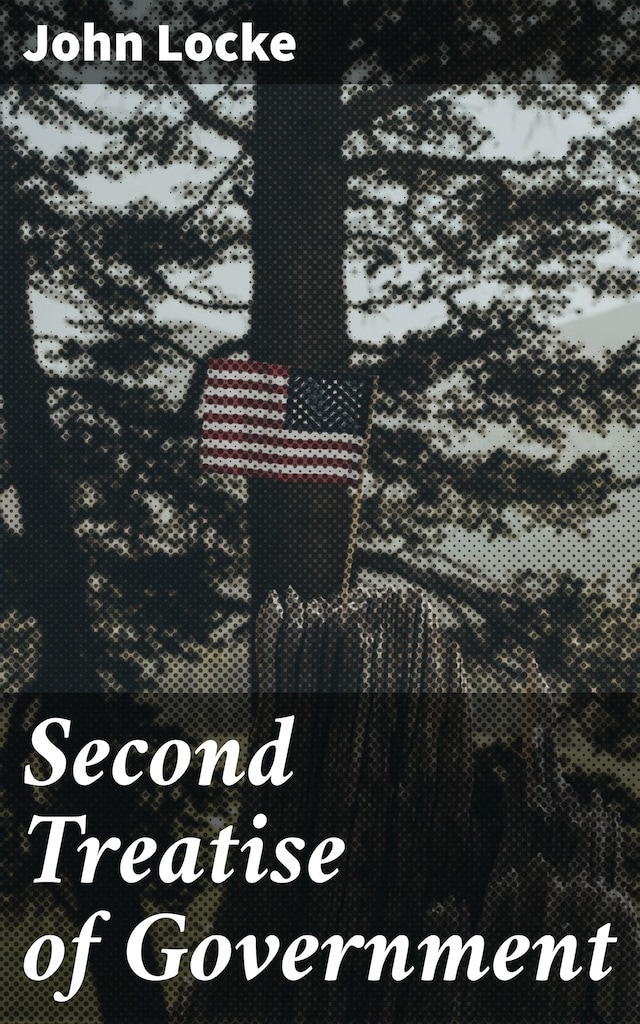
Second Treatise of Government
Enlightenment Theory of Governance and Individual Rights
Om bogen
John Locke's 'Second Treatise of Government' is a seminal work in political philosophy that discusses the origins of government, the social contract, and the rights of individuals. Written in a clear and concise style, Locke's treatise presents a theoretical framework for justifying political authority based on the consent of the governed. In a time of political upheaval and debate over the nature of power and governance, Locke's work served as a foundational text for Enlightenment thinkers and revolutionaries. The treatise is structured as a series of arguments supported by examples and logical reasoning, making it a compelling read for anyone interested in political theory. The influence of Locke's ideas can be seen in the founding principles of modern democracies around the world. John Locke, a renowned English philosopher and physician, was a key figure in the development of liberal thought. His belief in the natural rights of individuals and the importance of limited government have had a lasting impact on politics and philosophy. Locke's experiences living through a period of political turmoil and civil war undoubtedly influenced his writing of the 'Second Treatise of Government', as he sought to articulate a theory of legitimate political authority based on reason and consent. I highly recommend 'Second Treatise of Government' to anyone interested in exploring the foundations of democratic governance and the rights of individuals. Locke's treatise is a timeless work that continues to shape our understanding of political power and the relationship between citizens and the state.
 John Locke
John Locke 190 Sider
190 Sider